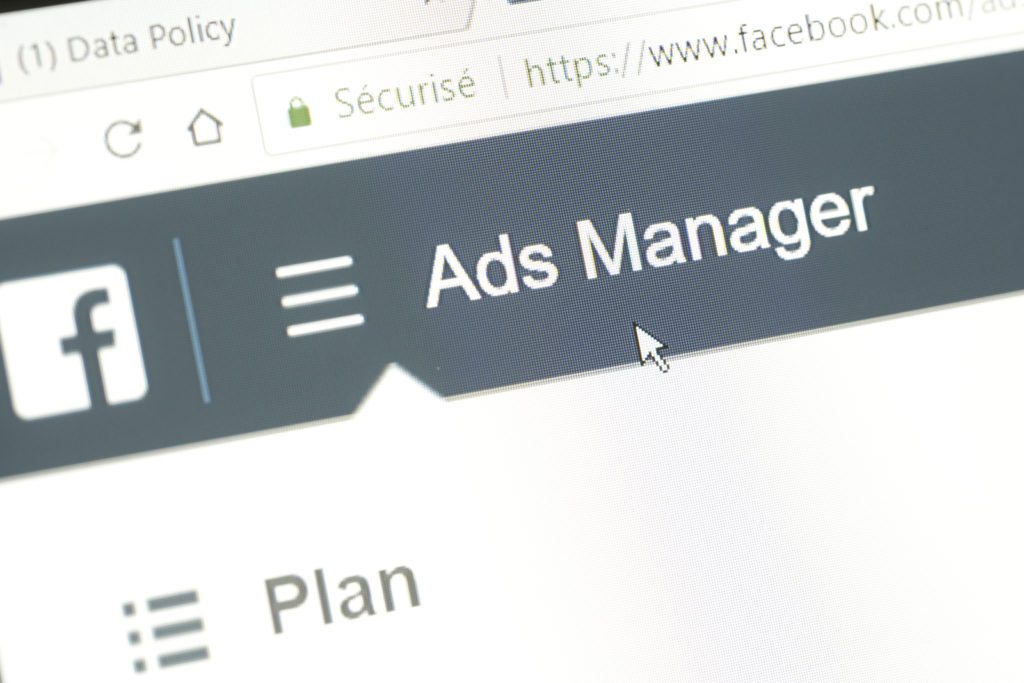Between internal communication problems, ongoing privacy issues, and Russian meddling, it has not been an easy year for Facebook. The latest scandal involving Cambridge Analytica, which may have impacted as many as 87 million Facebook users, has been leaving people feeling violated and even inspired a #DeleteFacebook hashtag to trend on Twitter.
With so much scandal revolving around Facebook’s targeting abilities, business owners who utilize Facebook’s advertising platform are beginning to question how this data breach will impact their ability to continue advertising through the social media platform.
At this time, it’s hard to foresee exactly what kind of toll this particular data breach will take on Facebook. It will definitely cause users to be more aware of how much personal information they expose on social media and privacy policies will be given much more attention. It is also causing Facebook to cancel its “Partner Categories”, which was set up in 2013 for advertisers to use third party data companies (like Cambridge Analytica) to hyper-target consumers on Facebook. While the scandal is a major PR nightmare for Facebook, it is going to impact other social media platforms (Twitter, LinkedIn, etc.) that also utilize user-data for advertising purposes.
So will this scandal lead to Facebook’s demise? No, probably not.
Facebook is the world’s most popular social network with over 1.8 billion monthly active users. It has altered its position as more than just a social media network for conversations and photos – it is an integral function that people rely on for anything from selling personal products to scoping out reviews for local restaurants. Compared to all other social media marketing platforms, Facebook still has the most advanced tracking and data for measuring campaign results, not to mention millions of dollars in investments and a solid foundation. That being said, at this time, there is not reason to believe that this scandal will lead to any sort of catastrophic collapse.
The biggest threat facing Facebook in lieu of this scandal would be losing its users. However, social media seems to be as addictive as smoking, so it appears unlikely that majority of users will actually delete their Facebook accounts. In fact, USA Today reported that 48% of users stated that the Cambridge Analytica scandal will not affect their Facebook usage at all.
Businesses who are utilizing Facebook’s third-party data to hyper-target consumers need to be aware of the changes coming to the platform and make sure their business is ready to adapt. With Facebook terminating its Partner Categories option, businesses will no longer have access to the third-party data officially beginning October 1st, 2018.
A scandal such as this one brings to light just how critical it is to proactively evaluate your advertising strategy and ensure that you are practicing advertising diversity. Business owners should view their marketing strategies as if it is the stock market and diversify their portfolio.
During a scandal is not the right time to be evaluating your marketing approach because it should already be done. Instead, you and your marketing team should be proactively revamping and reevaluating your business’s marketing efforts, using data to assess what is and isn’t working and then making changes accordingly.
While Facebook’s third-party data is a major asset for advertisers, Facebook offers a variety of other tools that should not be impacted by the scandal and are therefore still available. These tools include remarketing ads and the ability to build custom or lookalike audiences from your business’s CRM. Plus, Facebook will still have access to all information that user’s provide, so it will still have targeting capabilities. If your business has been relying heavily on Facebook’s third-party data to market to consumers, then now is the time that you need to be exploring other resources that Facebook provides advertisers.

For business owners wondering if and how the Cambridge Analytica scandal and Facebook changes will impact its company’s social media marketing efforts, do not assume – assess it for yourself. That’s the beauty of digital marketing: The data and measurability of your marketing efforts can be very easily measured and analyzed for progress. If your business has been seeing success with Facebook advertising, then by all means continue. Is the Facebook scandal impacting your efforts? Don’t guess – go assess! Resort to your data and make an informed decision by first leveraging analytics. As of now, Facebook will continue to work with companies like Experian and Acxiom to provide insights for ad performance and analytics. With today’s technology and especially Facebook’s ability to track its advertising results, there is no reason for anyone to make assumptions. If you are not utilizing Facebook’s reporting metrics, then you better begin now.







